The Eternal Voices: The Top 5 most famous Roman poets
The top 5 most famous poets of ancient Rome, whose words have transcended time.
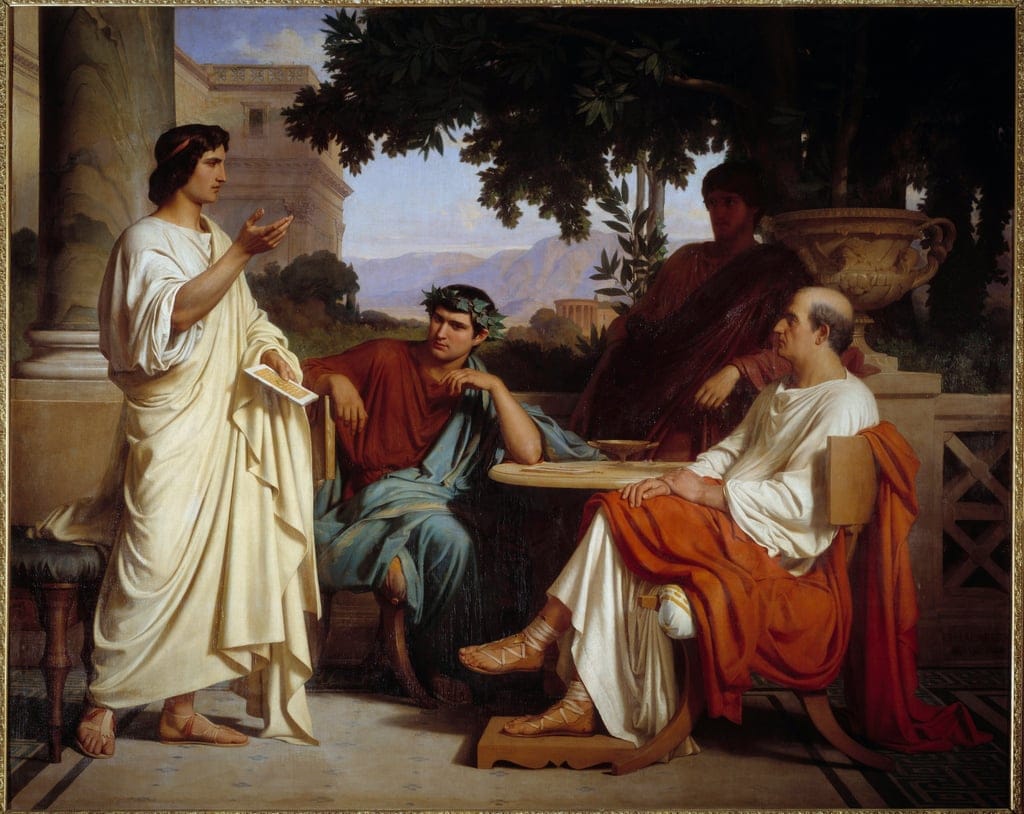
Who were the most famous Roman poets? The rich landscape of ancient Roman literature is adorned with the works of poets whose words have transcended time. These literary maestros captured the essence of their era, from the grandeur of the Roman Empire to the complexities of human emotion.
Ancient Rome was a remarkable hub of innovation, witnessing significant advancements in the arts, sciences, and politics. Among its many artistic achievements, literature stood out as a particularly distinguished form, meticulously recorded using metal styluses and ink on papyrus scrolls in Latin. Poetry, especially, was a highly favored and prevalent genre, and the extraordinary poets of that era still shape our contemporary perceptions of poetry.
Virgil (70 BCE - 19 BCE)
The Voice of Rome's Soul
Publius Vergilius Maro, known as Virgil, stands as a towering figure in Roman literature. His magnum opus, the "Aeneid," is a national epic surpassing Homer's works in Roman esteem and intricately linking Rome's origins with the Trojan War. Virgil's profound influence extends beyond literature into the realms of philosophy and politics, offering a vision of Rome's divine destiny.
Virgil dedicated the final eleven years of his life (29–19 BC) to crafting the Aeneid, reportedly on the commission of Augustus, according to Propertius. This monumental work, composed of 12 books written in dactylic hexameter, narrates the saga of Aeneas, a Trojan hero escaping Troy's destruction, journeying to Italy, clashing with the local prince Turnus, and laying the groundwork for what would become Rome.
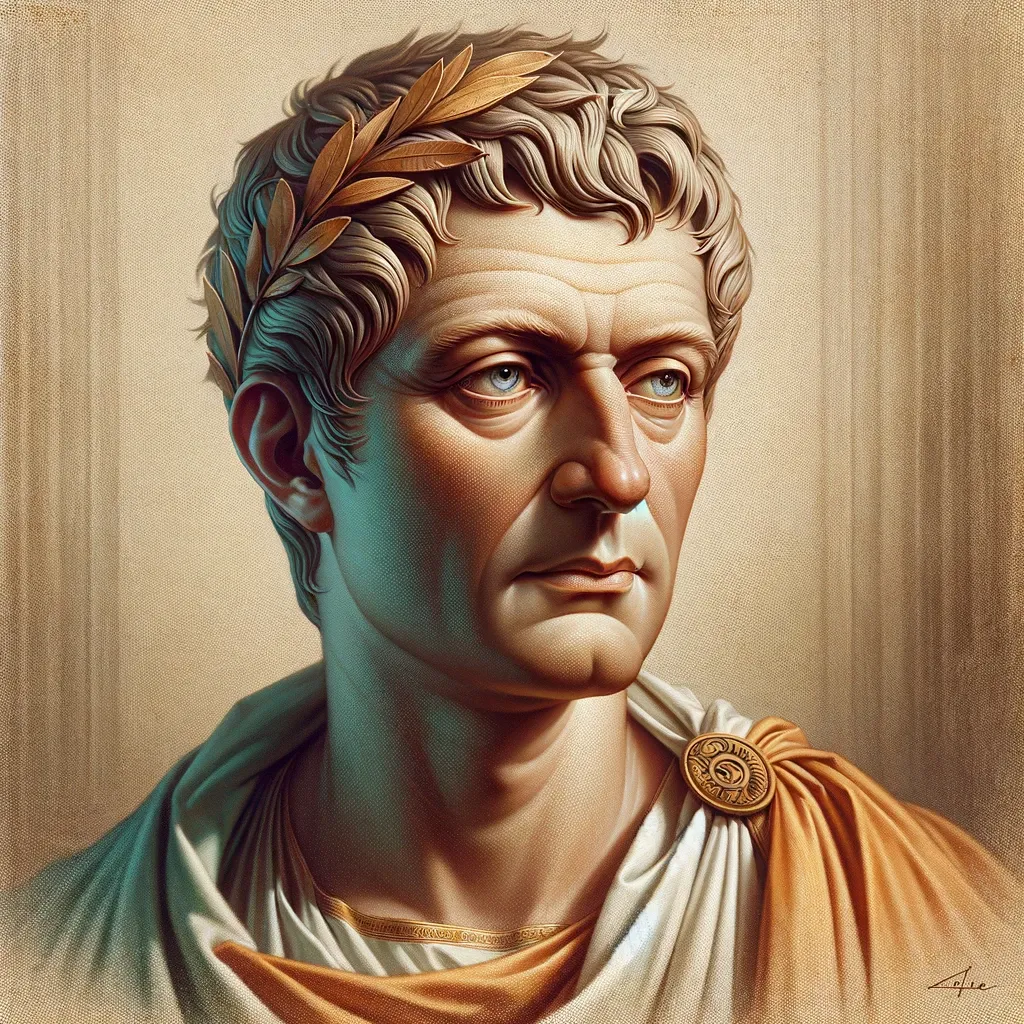
The initial half of the Aeneid recounts Aeneas's odyssey from Troy to Italy, drawing inspiration from a wide range of sources. Virgil's epic is deeply influenced by Homer, the quintessential epic storyteller, alongside significant contributions from the Roman poet Ennius and the Hellenistic poet Apollonius of Rhodes, among others. While firmly rooted in the epic tradition, the Aeneid also incorporates elements from various literary genres, including tragedy and aetiological poetry.
Ancient critiques observed Virgil's division of the Aeneid into two thematic halves: the journey inspired by Homer's Odyssey in the first six books and the war tales echoing the Iliad in the latter half.
Horace (65 BCE - 8 BCE)
The Master of Satire and Lyricism
Quintus Horatius Flaccus, or Horace, is celebrated for his versatile oeuvre, ranging from the "Odes" to satires and epistles. Horace artfully combined personal reflection with political commentary, navigating the tumultuous Roman political landscape with wit and wisdom. His call to "carpe diem" (seize the day) in "Odes" Book I continues to resonate today.
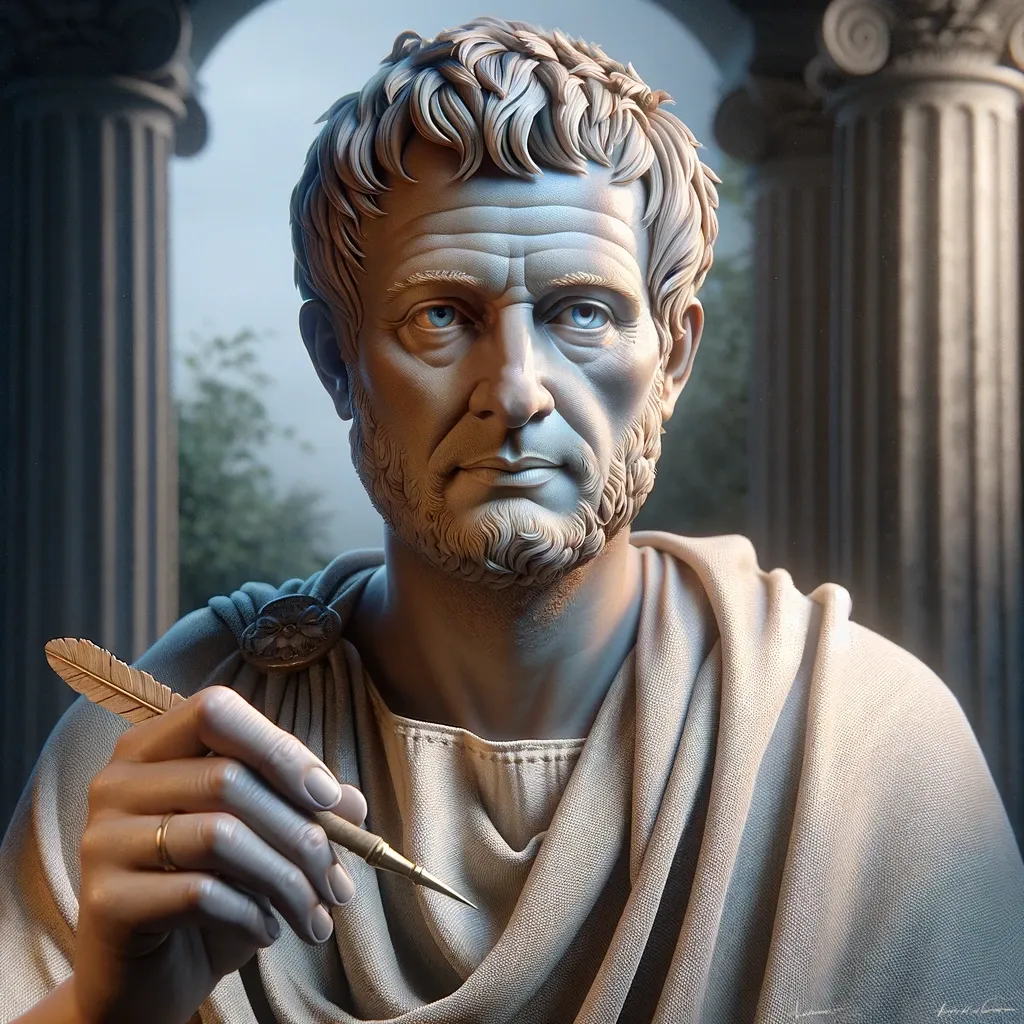
Horace's poetry often delves into discussions about literary genres, the tradition of lyric poetry, and the purpose of poetic works. "Odes" Book 4, believed to have been written at the behest of the emperor, elevates the themes explored in the first three books to a higher plane. This collection, penned with renewed poetic assurance after the public recital of his "Century Hymn" during a festival organized by Augustus, showcases Horace engaging directly with the emperor. He does so with increased boldness, declaring his ability to bestow everlasting fame through his praise.
Notably, this book strays from philosophical musings, with the exception of the twelfth ode, which is a posthumous tribute to Virgil. In this ode, Horace positions the epic and lyric poets within the philosophical realms of Stoicism and Epicureanism, weaving a narrative tinged with a mix of melancholy and contemplation.
Ovid (43 BCE - 17/18 AD)
The Chronicler of Love and Exile
Publius Ovidius Naso, better known as Ovid, is famed for "Metamorphoses," a monumental narrative poem that weaves together mythological and historical tales. Ovid's exploration of love, transformation, and identity in works like "Amores" and "Ars Amatoria" led to his exile by Emperor Augustus, a mystery that adds to his enigmatic legacy.
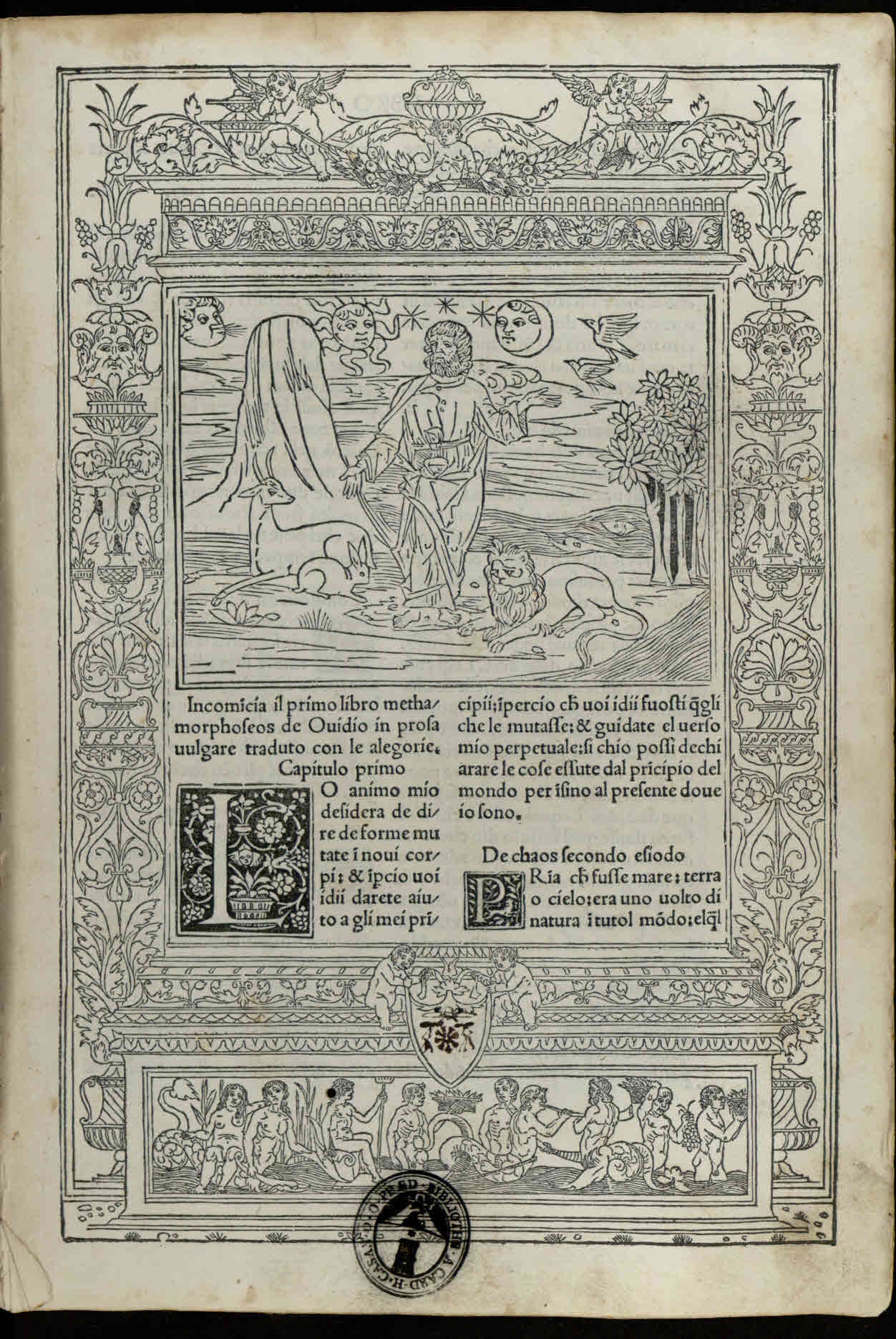
Ovid's "Metamorphoses," his most renowned and ambitious creation, is a 15-book epic penned in dactylic hexameter, detailing a wide array of transformations within Greek and Roman mythology, all framed by a broad mytho-historical narrative. The term "metamorphoses," with its Greek roots, aptly describes the series of transformations that the characters in the epic experience.
Across approximately 12,000 lines, the work references nearly 250 myths, placing these tales predominantly in outdoor settings where humans frequently find themselves at the mercy of supernatural forces. "Metamorphoses" follows in the footsteps of classic mythological and aetiological compilations like Hesiod's "Catalogue of Women," Callimachus' "Aetia," Nicander's "Heteroeumena," and Parthenius' own "Metamorphoses."
In the year 8 AD, Ovid found himself exiled to Tomis on the Black Sea coast, solely at the behest of Emperor Augustus, with neither the Roman Senate nor any judicial authority involved in this decision. This exile profoundly influenced all his subsequent poetry. Ovid attributed his banishment to "carmen et error" – "a poem and a mistake", suggesting that the nature of his offense was graver than homicide and had more detrimental effects than his poetry.
During this period, members of the Emperor's own family, Julia the Younger and Agrippa Postumus (the latter having been adopted by Augustus), faced banishment as well. Moreover, Lucius Aemilius Paullus, Julia's husband, was executed for his role in a plot against Augustus, a plot Ovid might have been aware of.
Catullus (c. 84 BCE - c. 54 BCE)
The Innovator of Personal Poetry
Gaius Valerius Catullus revolutionized Roman poetry by introducing personal experience as a subject matter. His poems range from passionate love elegies to poignant expressions of grief, showcasing an emotional depth and linguistic precision that have captivated readers for centuries.
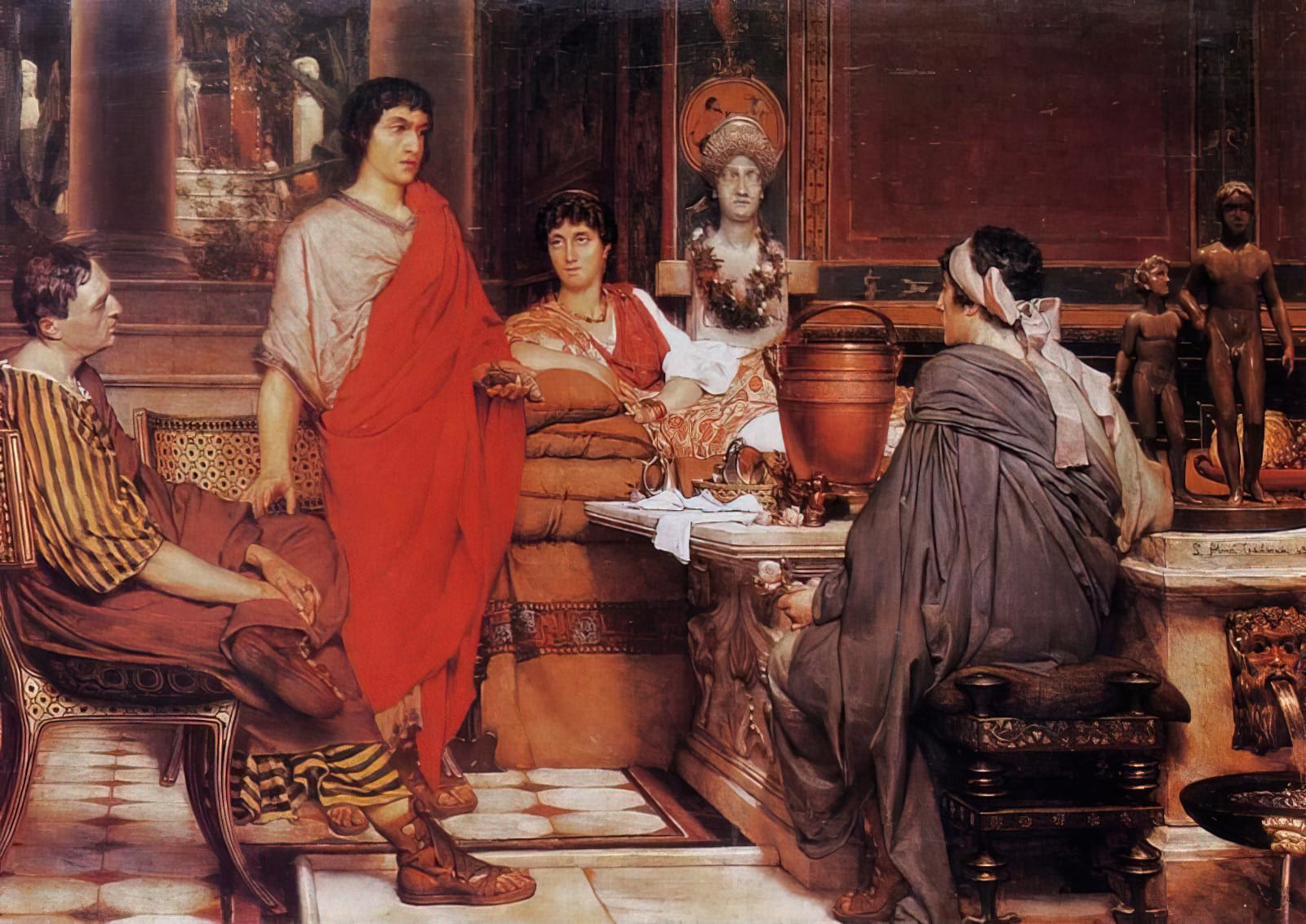
Catullus 5 stands as a fervent tribute to Lesbia, marking it as one of Catullus's most celebrated works. It advocates for lovers to disregard the disdainful remarks of onlookers and to devote themselves solely to one another, emphasizing the fleeting nature of life and the eternal slumber that death ushers in. This particular poem has seen numerous translations and adaptations over time.
Let us live, my Lesbia, and love,
and the rumors of rather stern old men
let us value all at just one penny!
Suns may set and rise again;
for us, when once the brief light has set,
an eternal night must be slept.
Give me a thousand kisses, then a hundred,
then another thousand, then a second hundred,
then yet another thousand, then a hundred;
then, when we have performed many thousands,
we shall shake them into confusion, in order that we might not know,
and in order not to let any evil person envy us,
when he knows that there are so many of our kisses.
Lucretius (c. 99 BCE - c. 55 BCE)
The Philosopher-Poet of Epicureanism
Titus Lucretius Carus, through his only known work, "De Rerum Natura" (On the Nature of Things), presents a comprehensive exposition of Epicurean philosophy. Lucretius sought to dispel human fear and superstition by explaining natural phenomena through science and reason, offering a poetic meditation on the universe's nature.
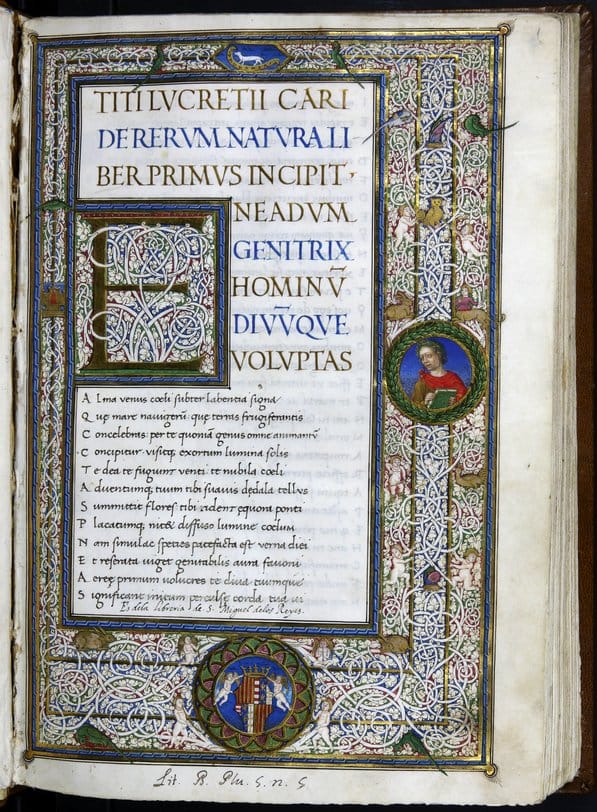
Comprising approximately 7,400 lines of dactylic hexameter, this poem is organized into six unnamed books. It delves into Epicurean philosophy using vivid poetic imagery and metaphors. Lucretius introduces the concept of atomism, elaborates on the essence of the mind and soul, and provides insights into how sensations and thoughts occur.
Furthermore, he discusses the formation of the world and various natural phenomena, along with celestial and terrestrial occurrences. According to the poem, the universe operates under these physical laws, steered by chance or "fortuna," rather than being influenced by the gods of Roman tradition or religious interpretations of nature.




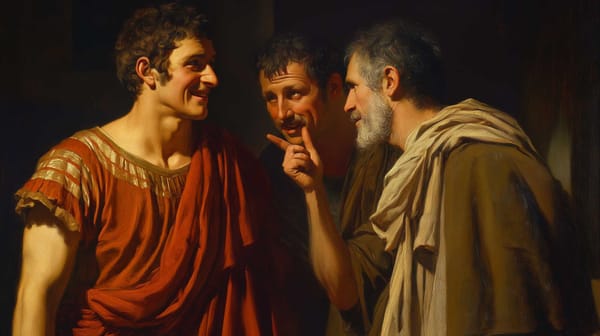
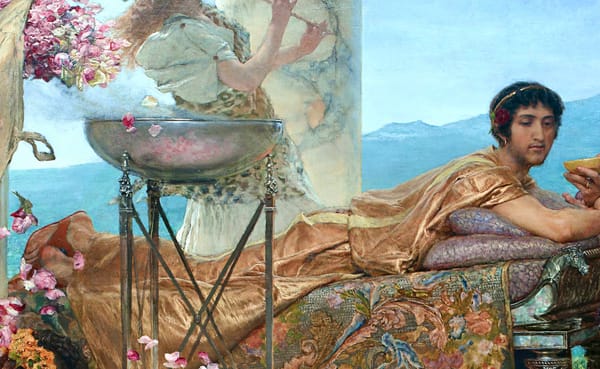


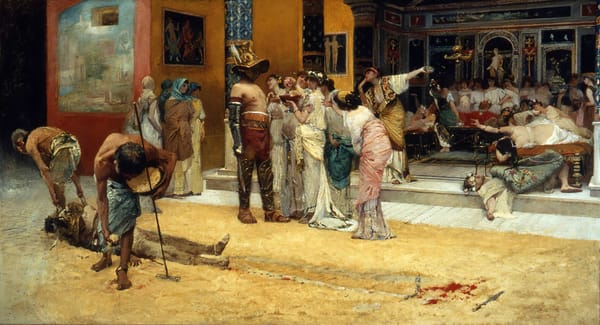
About the Roman Empire Times
See all the latest news for the Roman Empire, ancient Roman historical facts, anecdotes from Roman Times and stories from the Empire at romanempiretimes.com. Contact our newsroom to report an update or send your story, photos and videos. Follow RET on Google News, Flipboard and subscribe here to our daily email.
Follow the Roman Empire Times on social media: